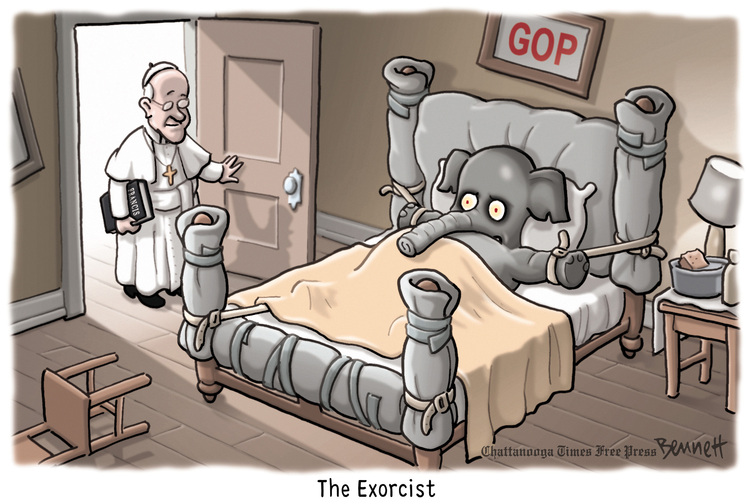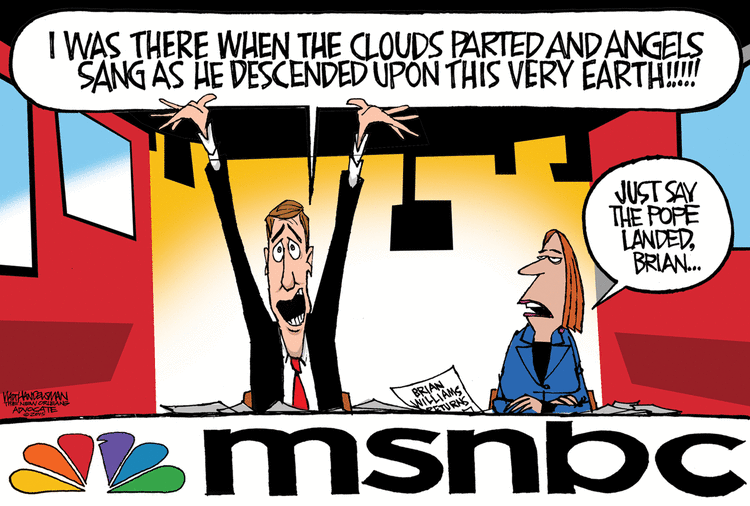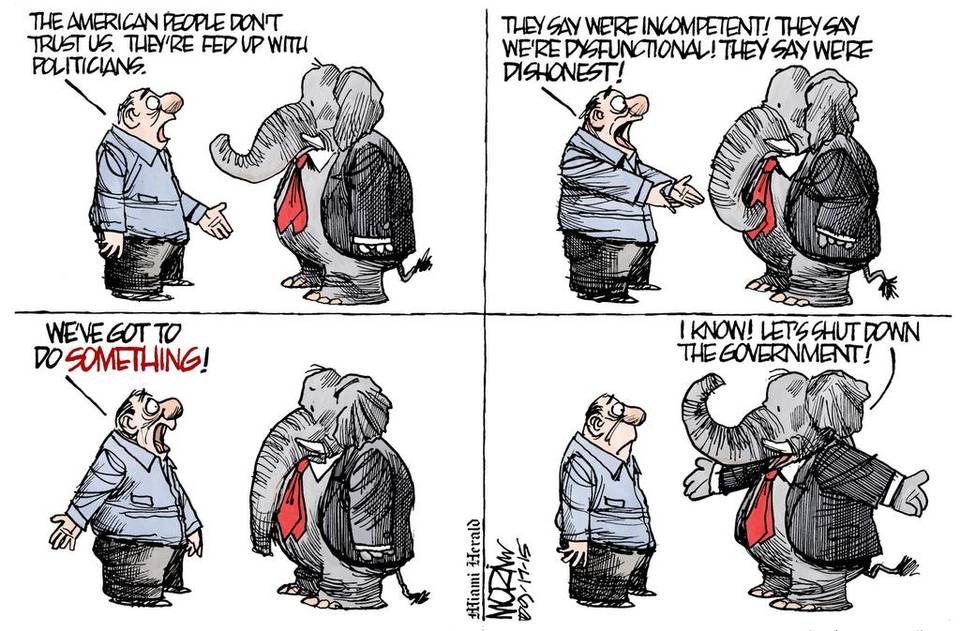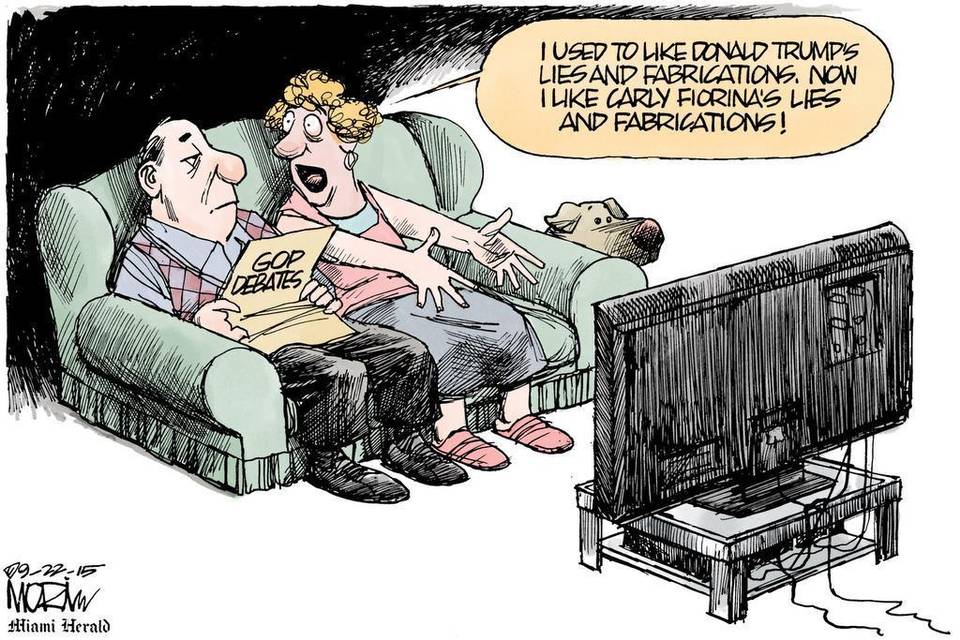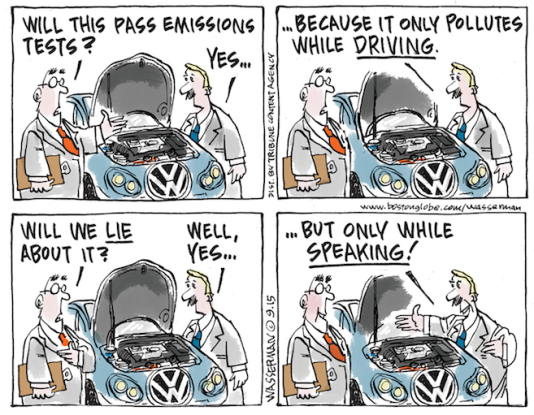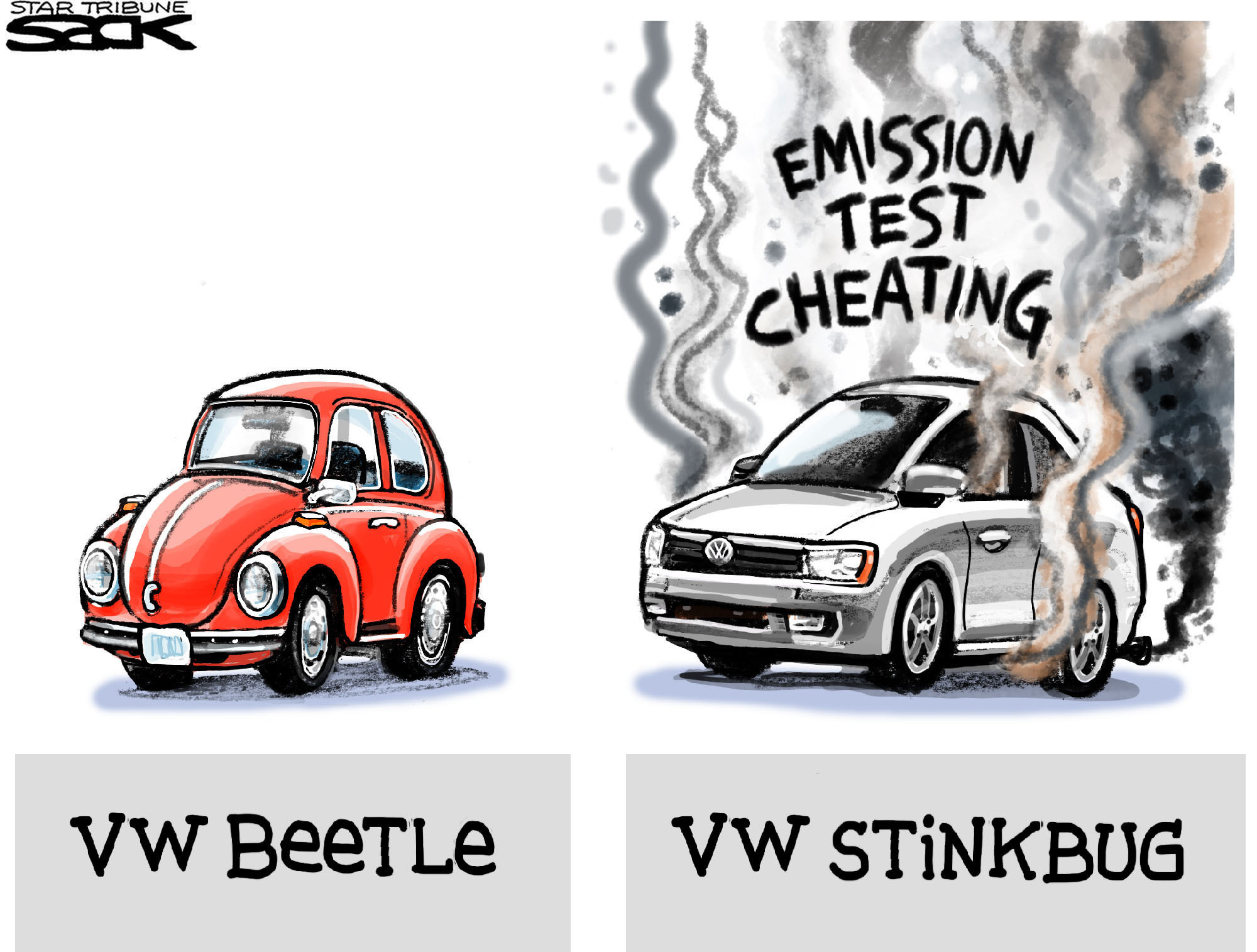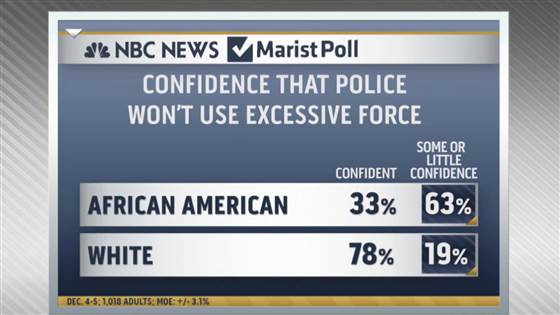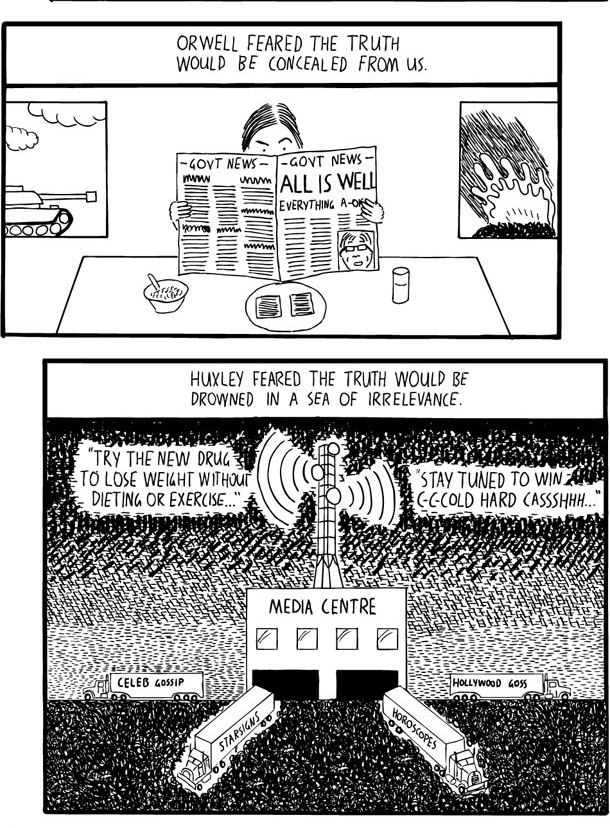American Experience ran a documentary called “The Mine Wars” on January 26th. It told the story of West Virginia coal miners’ battle against mine owners at the start of the 20th century.
Few know that the WV mine workers struggle against the mine owners led to the largest armed insurrection after the Civil War and turned parts of West Virginia into a war zone that required federal troops to pacify.
The battle started in 1920 with a shootout in Matewan, WV. It was triggered by a plan by the United Mine Workers (UMW) to organize Mingo County, where Matewan is located, and the thuggish reaction by mine owners. There is a fine movie that documents this, “Matewan”, by John Sayles.
The town’s union-sympathizing Police Chief Sid Hatfield confronted a group of private detectives from the Baldwin-Felts company who were hired by the coal mine owners. The detectives had come to Matewan to evict the families of unionized miners. The “Battle” of Matewan left seven Baldwin-Felts men dead, along with the mayor and two townspeople.
Some background: Workers were paid based on the weight of the coal they mined. Each car brought from the mines theoretically held a specific amount of coal (2,000 pounds). However, cars were altered by owners to hold more coal than the specified amount, so miners would be paid for 2,000 pounds when they actually had brought in 2,500. In addition, workers were docked pay if rock was mixed in with the coal. Miners mostly lived in company-owned homes, and were forced to shop at company-owned stores.
The UMW started organizing and striking in WV in 1912. When the strikes began, the mine owners used hired guns to inflict plenty of violence on miners and their families.
There is a sordid history of similar efforts throughout the US. Check out the Ludlow Massacre in 1914.
But before WWI, the UMW was unsuccessful in changing working conditions or wages for miners. The US entry into WWI in 1917 sparked a boom in demand for coal, also bringing increasing wages. After the War, demand for coal fell, and so did miners’ wages.
At that time, the largest non-unionized coal region in the eastern US were WV’s Logan and Mingo counties, and the UMW made them a top priority. Mine owners in Logan bought off the Logan County Sheriff Don Chafin to keep the union out of the county. In 1921, after increasingly violent confrontations with the owners and their hired guns, miners moved to fight back.
In August, approximately 5,000 armed union men entered Logan County. Logan city was protected by a natural barrier, Blair Mountain. Chafin’s forces took positions at the top of Blair Mountain, while the miners assembled near the bottom of the mountain. There were skirmishes and deaths. On September 1, President Harding sent in federal troops to break up the battle, and the miners soon surrendered to the feds.
By 1924, UMW membership in the state had dropped by about 50% of its total in 1921.
Mine owners also engaged in a PR campaign that portrayed the UMW as “Bolsheviks”. The Red Scare in 1919-1920 was based on fears that the labor movement would lead to radical political agitation, or would spread communism and anarchism within the country. This sense of paranoia was driven in part by the mining companies.
Does any of this sound familiar? How many red scare equivalents have we had in the last 100 years?
Corporations have always been at war with workers. Here’s the real question: Is it possible for capitalism, by its very nature, NOT to incite a constant battle between the .01% and everyone else?
Probably not. Class is a feature of capitalism, so it follows that class conflict will always be part of capitalist economies. We may find ways to mitigate the effects of that conflict, but it will always be a struggle to do so.
At the same time, we see every day that the interests of private capital are not aligned with the needs of society as a whole. We re-learn these lessons because our public institutions periodically get co-opted by capital. Until private capital’s stranglehold over our political process is ended, it will always try to rig the system.
The miners’ struggle in West Virginia was not just a backwoods conflict. The WV experience has direct relevance to today’s American economy, to today’s capitalists, and to the state of labor in America today.
What happened in West Virginia is an object lesson for what all of America might look like with unfettered corporatism.
Take a look and listen to Lee Dorsey’s 1966 hit “Workin in Coal Mine” written by the late, great Alan Toussaint:
For those who read the Wrongologist in email, you can view the video here.

